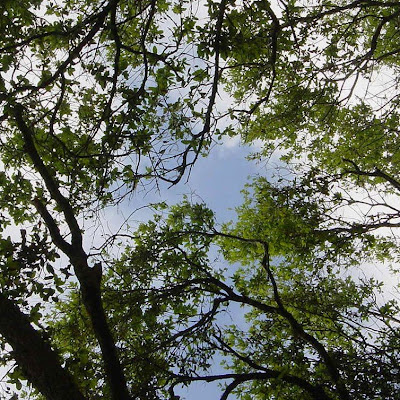

I Googled ‘prayer’ and went to the first find: Wiki.
Just seeing an outline of various forms of prayer around the world was rather marvelous and freeing. (I've copied it below.) Interesting that such varied practices connect humans across time. I really liked reading about Tibetan prayer flags, and seeing the colorful photos. Prayer flags are not addressed to a deity, but instead are intended to impart grace to all whenever the wind blows. No dogma. You can be who you are, or no one at all.
A pillar of Shintaido practice called tenshingoso is a spiritual form. There are no words, sometimes just the vowel sounds, and movement that creates opening, receiving and offering between the individual, others, heaven and earth. It’s both simple and complex. Brief. I feel that humble, surprised feeling you get, touched by something larger than self.
From Wikipedia on prayer:
The great spiritual traditions offer a wide variety of devotional acts. There are morning and evening prayers, graces said over meals, and reverent physical gestures. Some Christians bow their heads and fold their hands. Native Americans dance. Some Sufis whirl. Hindus chant. Orthodox Jews sway their bodies back and forth and Muslims kneel as seen on the right. Quakers keep silent. Some pray according to standardized rituals and liturgies, while others prefer extemporaneous prayers. Still others, combine the two. Among these methodologies are a variety of approaches to understanding prayer:
The belief that the finite can actually communicate with the infinite;
The belief that the infinite is interested in communicating with the finite;
The belief that prayer is intended to inculcate certain attitudes in the one who prays, rather than to influence the recipient;
The belief that prayer is intended to train a person to focus on the recipient through philosophy and intellectual contemplation;
The belief that prayer is intended to enable a person to gain a direct experience of the recipient;
The belief that prayer is intended to affect the very fabric of reality as we perceive it;
The belief that prayer is a catalyst for change in one's self and/or one's circumstances, or likewise those of third party beneficiaries.
The belief that the recipient desires and appreciates prayer.
The act of prayer is attested in written sources as early as 5000 years ago. Some anthropologists believe that the earliest intelligent modern humans practiced something that we would recognize today as prayer.
No comments:
Post a Comment